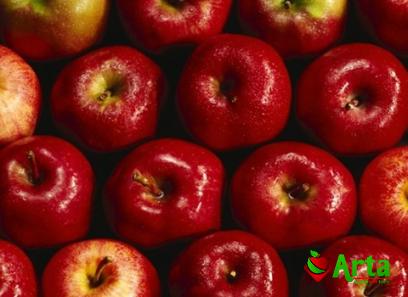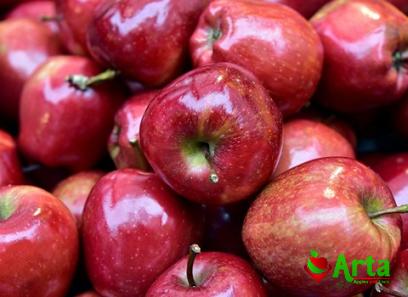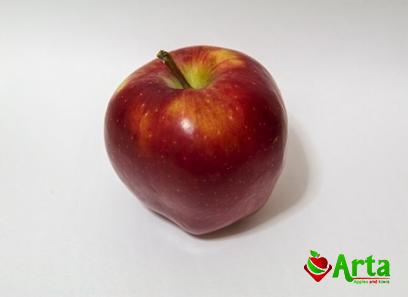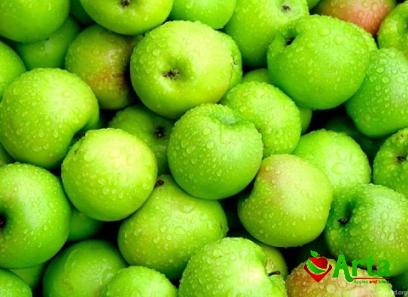The market for exotic fruits has seen a remarkable surge in recent years as consumers embrace healthier lifestyles and seek out unique flavors. Among these fruits, the light green kiwi, with its vibrant appearance and exceptional nutritional profile, has emerged as a fascinating opportunity for businesses. In this article, we will explore the various aspects of light green kiwi, from its cultivation and health benefits to its culinary uses and potential in the market. 1. Cultivation: Light green kiwi, also known as golden kiwi, is primarily grown in New Zealand, Italy, and parts of Asia. Cultivating this fruit requires a specific climate with ample sunlight and moderate rainfall. The kiwi vines thrive in well-drained soil rich in organic matter. Given the right conditions, these fruits can be harvested between March and May, making them available during offseasons of traditional green kiwi.

.
 2. Health Benefits: Light green kiwi packs a powerful punch of essential nutrients. It is a rich source of vitamin C, potassium, and dietary fiber. The high vitamin C content boosts the immune system, while potassium supports heart health and helps regulate blood pressure. Moreover, its natural fiber aids digestion and promotes a healthy gut. Light green kiwi is also known for its potent antioxidant properties, benefiting skin health and reducing the risk of chronic diseases. 3. Culinary Uses: Light green kiwi offers a delightful twist to traditional kiwi recipes with its smooth texture and a tropical flavor profile. It can be enjoyed both on its own or incorporated into various dishes. From fruit salads and smoothies to cocktails and desserts, the versatile light green kiwi adds a refreshing touch to culinary creations. Its vibrant color also adds an attractive visual appeal to any dish, making it an excellent choice for food presentation.
2. Health Benefits: Light green kiwi packs a powerful punch of essential nutrients. It is a rich source of vitamin C, potassium, and dietary fiber. The high vitamin C content boosts the immune system, while potassium supports heart health and helps regulate blood pressure. Moreover, its natural fiber aids digestion and promotes a healthy gut. Light green kiwi is also known for its potent antioxidant properties, benefiting skin health and reducing the risk of chronic diseases. 3. Culinary Uses: Light green kiwi offers a delightful twist to traditional kiwi recipes with its smooth texture and a tropical flavor profile. It can be enjoyed both on its own or incorporated into various dishes. From fruit salads and smoothies to cocktails and desserts, the versatile light green kiwi adds a refreshing touch to culinary creations. Its vibrant color also adds an attractive visual appeal to any dish, making it an excellent choice for food presentation.
..
 4. Market Potential: With increasing consumer interest in health and wellness, the light green kiwi market has significant growth potential. Its unique taste, nutritional benefits, and exotic appeal make it desirable to health-conscious consumers, chefs, and food enthusiasts alike. There is a growing demand for boutique stores, supermarkets, and restaurants to offer this exclusive fruit. Additionally, the rise of online shopping and global export opportunities further open doors for businesses to tap into international markets and cater to a broader customer base. 5. Challenges and Considerations: While the light green kiwi market presents exciting prospects, businesses need to consider some challenges. These include ensuring a consistent supply chain, maintaining competitive pricing, and educating consumers about the benefits and versatility of light green kiwi. Collaborating with growers, distributors, and industry experts can help address these challenges and build a successful business around this exotic fruit. Conclusion: The growing interest in health-conscious eating habits and the rising popularity of exotic fruits create a favorable environment for exploring the potential of light green kiwi.
4. Market Potential: With increasing consumer interest in health and wellness, the light green kiwi market has significant growth potential. Its unique taste, nutritional benefits, and exotic appeal make it desirable to health-conscious consumers, chefs, and food enthusiasts alike. There is a growing demand for boutique stores, supermarkets, and restaurants to offer this exclusive fruit. Additionally, the rise of online shopping and global export opportunities further open doors for businesses to tap into international markets and cater to a broader customer base. 5. Challenges and Considerations: While the light green kiwi market presents exciting prospects, businesses need to consider some challenges. These include ensuring a consistent supply chain, maintaining competitive pricing, and educating consumers about the benefits and versatility of light green kiwi. Collaborating with growers, distributors, and industry experts can help address these challenges and build a successful business around this exotic fruit. Conclusion: The growing interest in health-conscious eating habits and the rising popularity of exotic fruits create a favorable environment for exploring the potential of light green kiwi.
…
 With its unique flavor, vibrant appearance, and impressive nutritional profile, this fruit offers an exciting opportunity for businesses in the food industry. By embracing light green kiwi, entrepreneurs can tap into an expanding market and cater to the evolving tastes and preferences of consumers worldwide.In order to capitalize on the market potential of light green kiwi, businesses should consider a few key strategies. 1. Product Differentiation: To stand out in a competitive market, businesses should highlight the unique qualities of light green kiwi. Emphasize its exotic flavor, distinct appearance, and superior nutritional benefits compared to traditional green kiwi. By positioning light green kiwi as a premium product, businesses can target health-conscious consumers who are looking for something new and exciting. 2. Building Partnerships: Collaborating with growers and suppliers is crucial for ensuring a consistent supply of high-quality light green kiwi. Establish strong relationships with reliable partners who specialize in cultivating and distributing this specific fruit. This will help businesses maintain a steady supply chain and meet the demands of customers even during offseason periods.
With its unique flavor, vibrant appearance, and impressive nutritional profile, this fruit offers an exciting opportunity for businesses in the food industry. By embracing light green kiwi, entrepreneurs can tap into an expanding market and cater to the evolving tastes and preferences of consumers worldwide.In order to capitalize on the market potential of light green kiwi, businesses should consider a few key strategies. 1. Product Differentiation: To stand out in a competitive market, businesses should highlight the unique qualities of light green kiwi. Emphasize its exotic flavor, distinct appearance, and superior nutritional benefits compared to traditional green kiwi. By positioning light green kiwi as a premium product, businesses can target health-conscious consumers who are looking for something new and exciting. 2. Building Partnerships: Collaborating with growers and suppliers is crucial for ensuring a consistent supply of high-quality light green kiwi. Establish strong relationships with reliable partners who specialize in cultivating and distributing this specific fruit. This will help businesses maintain a steady supply chain and meet the demands of customers even during offseason periods.











Your comment submitted.